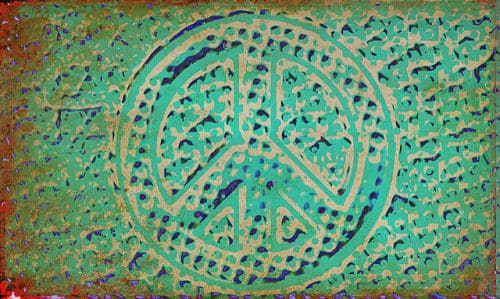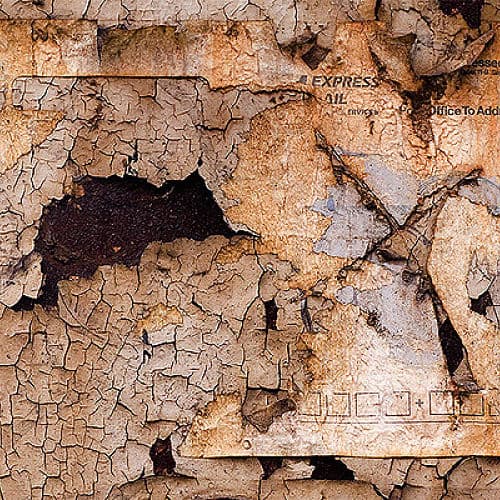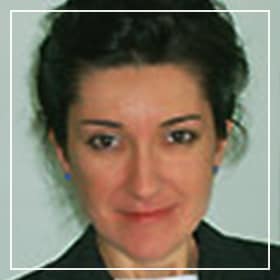1. To what extent does the notion of political agency help to understand political change?
I do not think that political agency is no longer relevant to understanding political change in the 21st century. I think the masses have never been as politicized or political as they are today in the history of the Middle East. Agency is conventionally associated with the ability of the masses to make change, become a part of the political decision making process, or influence the status quo. Classical sociologists of the 20th century studied the revolutionary potential of the masses; nevertheless, contemporary sociologists have perceived political agency as something still potentially powerful that can subtly challenge or gradually change the status quo.
In the 21st century, social scientists might have to reconsider, deconstruct and/or redefine the term, but political agency continues to remain an important aspect of our understanding of the national state apparatus and the international politics, and the changes happening in/to them.
Although there was a discernible concern that the masses would become apolitical as civil societies get depoliticized following the end of the Cold War era, the so-called end of the ideologies, and due to the neoliberal encroachment, the 21st century has already proved to be quite different than expected, and very interesting in terms of wars, social conflicts, discontent, grievances, and their manifestations. The deterioration of the security situation and life chances, and externally triggered civil wars in countries like Palestine, Iraq, Syria and Yemen, and the continuation of the decades old political fragmentation and enmities among the states of the region is disheartening for the scholars studying the Middle East. It is difficult to imagine where to look at to see the power of the masses that could change their circumstances as they wish given their desperation in the face of wars, violence, displacement and massacres across the entire region.

The states are getting hollowed out, state institutions are falling apart, armies and armed groups are all threats for civilians, and organized crime and black markets are the widespread economic activities in the region. Yet, all these developments are social and political transformations transcending the borders of the Middle East. Based on my research in the conflict zones, I can say that change inflicted by or associated with violence, oppression and displacement makes the people involved even more political and politically engaged. Life becomes a matter of survival, and survival is about how to read, react to and act on the overwhelming political developments at home and abroad.
It would be naïve to think about political agency as something inherently progressive, positive, rational or peaceful.
I think the 21st century will push the boundaries of our intellectual imagination as we see the masses in the Middle East, in Europe and around the world discovering new forms of mobilization and ways of doing politics that we had never seen before in the 19th and 20th century.
2. Are Area Studies still relevant to understand contemporary dynamics of political and social transformation?
To a great extent, Middle Eastern/Near Eastern Studies have failed to support independent academic research to understand the political and social transformations taking place in the region. Zachary Lockman discusses the problem with the Middle East Centers and Studies in his book, Contending Visions of the Middle East: The History and Politics of Orientalism (Cambridge: Cambridge University Press, 2004; second edition, 2009). Middle Eastern Studies have been done in the Centers at the American and British universities with funding coming from quite controversial sources since the WW2. The boundaries of intellectual discussions have been manipulated and sometimes forced on the works of the individuals affiliated with these centers depending on the source of the funding and the political group dominating the center. The State Department, corporate foundations (e.g. The Ford Foundation), gulf regimes as well as the Jewish and Armenian lobbies have been quite influential in designing the research at these centers. For decades, these centers have been a battlefield for competing political agendas and/or produced quasi-academic work on Middle Eastern history, literature, culture and Islam reproducing orientalist discourses. Even when an independent academic reaction started to develop against orientalism and political manipulation of academic discourses, it has been limited to the criticism of orientalism and colonialism without a deep delving analysis of the particularities of history, society, politics and economic relations in the region. The best research on the Middle East has been produced by the historians, anthropologists, political scientists and sociologists in their respective departments, mostly not in the Middle Eastern Studies Centers. In my opinion, Area Studies, as far as the Middle Eastern Studies is concerned, have never been very relevant to understand the politics and societies of the region analytically and independently.
Visit our virtual roundtable for more responses.
Featured image (cropped) by Evan Lavine (flickr, CC BY-NC-ND 2.0)





